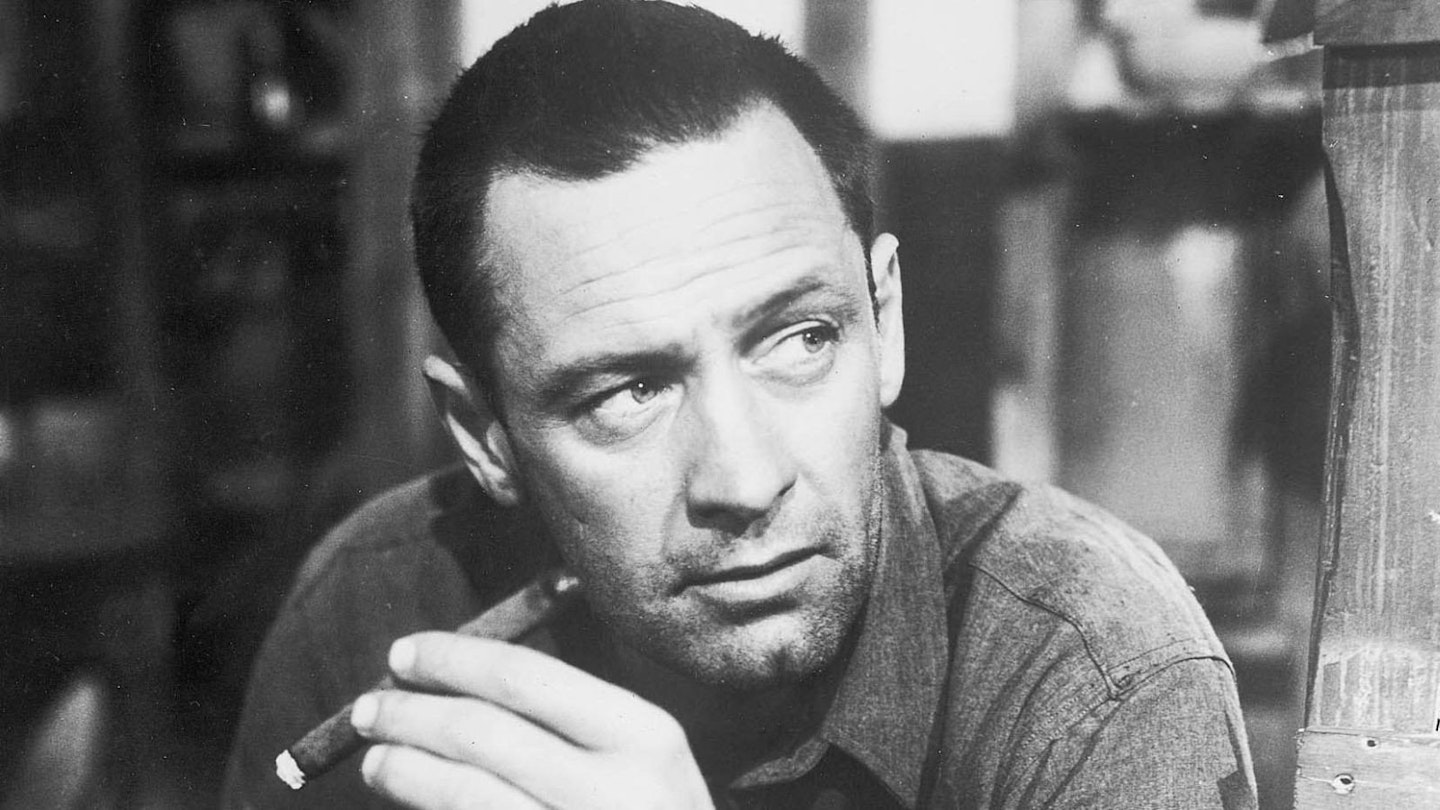Having walked out during the first act when he saw Donald Bevan and Edmund Trczinski's play on Broadway, William Holden initially rejected Billy Wilder's offer to star in this screen adaptation. But, such was his trust in the director who had resurrected his career with Sunset Blvd. that, after Kirk Douglas had turned it down, Holden took the expanded role of the self-serving Sefton and won himself an Oscar for his efforts.
Playing down the original's emphasis on jokey mystery, Wilder and Edwin Blum reshaped the material to introduce an element of film noir into its POW drama. Consequently, this became an incisive study of American mob mentality and the ease with which a party line can be disseminated. Made at the tail end of the HUAC investigation into Hollywood Communism, the action equated the sergeants in Barracks Four with the film folk who had swallowed Senator Joe McCarthy's line and acquiesced in the blacklisting of artists whose crime lay in being different from themselves and in having the courage to stand up for their convictions rather than follow the crowd (a trait common to the insular inhabitants of movies as different as Capra comedies and B Westerns).
Consequently, Sefton would rather take his chances with Dunbar, the bourgeois saboteur he neither likes nor trusts than accept the adulation of such knee-jerk patriots as Duke. Indeed, Wilder suggests that by living by his wits, Sefton has more in common with Oberst Von Scherbach and Schulz, the corruptible guard (Sig Rumann), than his fellow prisoners and, consequently, they are portrayed as anything but the comic-book Nazis that had populated so many wartime adventures. Indeed, if anything, Von Scherbach is the pragmatically brutal cousin of Von Rauffenstein in Jean Renoir's La Grande Illusion, who was also essayed by an Austrian director who was a more than capable actor, Erich von Stroheim.
Hollywood got its own back on Wilder, however, by bowdlerising his scathing scenario for the long-running sitcom, Hogan's Heroes.
